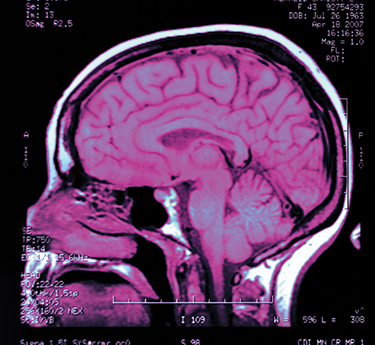 Improvised explosive devices produce head injuries in 40 percent to 60 percent of soldiers who survive those nasty explosions. To provide optimum medical care, battlefield medical personnel require immediate brain-imaging studies such as magnetic resonance imaging and Computer Tomography scans so they can diagnose and properly treat the injuries.
Improvised explosive devices produce head injuries in 40 percent to 60 percent of soldiers who survive those nasty explosions. To provide optimum medical care, battlefield medical personnel require immediate brain-imaging studies such as magnetic resonance imaging and Computer Tomography scans so they can diagnose and properly treat the injuries.
However, soldiers in Iraq and Afghanistan often do not have access to these diagnostic tools. To help remedy this situation, Pierre Mourad, associate professor of Neurological Surgery, has received a grant of $2,602,379 from the U.S. Department of Defense to develop a rugged, field-deployable imaging device for traumatic brain injuries. Ready access to diagnostic scans will improve the treatment and outcome for U.S. soldiers who sustain a head injury.
In other news, Eberhard Fetz, professor of Physiology and Biophysics, is the principal investigator on a project to develop tiny, implantable computers to restore brain, spine and muscle function lost to injury or disease.
These computers will help promote neural plasticity, which could strengthen weak connections and relay signals across lost connections.
Both applications could allow some of the brain’s functions to be rescued when impaired due to a stroke or brain injury. The $1 million grant is provided by the W.M. Keck Foundation.